
Among dancers, there is a common saying that even an advanced dancer can always work on their basic step. I have been a salsa and Latin dancer for over a decade, but when I attend a beginner-level class, I still carefully watch the style, foot placement, and musicality of the instructor and the other students. From those observations, I learn something new about the spectrum of what it looks like to dance, and use it to reflect on my own practice. That way, when I dance with a partner, I can quickly recognize the way they feel the beat and notice any tensions in their body that may change how they do a move. I can match and respond to their movements but still keep my unique style.
In Latin dance, it’s tempting to get into diva mode and flex your expertise, but I have realized that having the attitude of a “humble learner” brings me more joy and respect for the community of people around me. I find the same joy in cultural competence, the ability to see the nuances of different cultures and meet folks where they are, resulting in a strong relationship, team, organization, or dance.
I have spent my career as an educator, a facilitator—a leader, if you will—of learning. The learners in my life have been second-graders in a classroom, kids in informal museum programming, intergenerational families visiting a museum, and—most often these days—professional adults. But in working with other professional adults, I have noticed something particular about our approach to learning. Often we go into work with a feeling that we need to be experts and wise contributors in every situation, especially if we are dubbed “leaders” in our organization. We do not allow ourselves to be vulnerable, humble learners, recognizing that we all have areas to develop and things we need others to teach us.
Cultural competence development is exactly one of these areas that require humble learners. To “master” cultural competence is to never feel like you know everything. You are constantly asking questions, observing details, and carefully experimenting with what actions make sense in a given situation and culture. You are constantly reflecting on your own beliefs, traditions, and way of being in order to respect how others live differently.
I learned this firsthand when I worked on a project focused on incorporating the Indigenous voice into science centers. Prior to that project, I had some experiences and personal connections with Indigenous communities, but I quickly realized that I couldn’t dive into work with them until I took the time to really understand their values and the way they interacted with each other. On my first phone call with the group of project leads, I began to grow confused and impatient with how much time they spent talking about their personal lives and other non-work-related topics. In the western, white-dominated spaces that I was used to, all the focus is on getting tasks done and being productive. I could have stuck to my cultural norms, cut the conversation short, and redirected the team to the list of to-do items ahead of us. If these were people who shared my norms, they might have even thanked me for the reminder to get back on track. But I could tell this was different, that I was the one who needed to take a step back.
In that moment, I was feeling the tension between the way I have been socialized in my work, my personal value of being compassionate to people, and this new allowance to prioritize people over productivity. Once I stopped to check myself and humbly observe, I realized that the way they spent their time was a sign of highly valuing relationships, and taking the space to nurture those on the team allowed us to achieve our work objectives more effectively later. Once I allowed my observations to grow into learning about the culture of this team instead of judgements based on my cultural norms, I was able to embrace the work in a new way. Much listening, asking, and reflecting on cultural norms went into building this team who came from different tribes, different areas of the country, different ethnicities, and different kinds of organizations. Ultimately, the team was successful beyond just the one four-year project, the relationships providing opportunities for many national collaborations and voices to be highlighted in science. Humble learning was at the core of this success.
We can practice humble learning within any part of our lives. All you have to do is start admitting that you always have something to learn. With practice, it becomes a habit, and that’s where we see the benefits.
So how can you go back to your basic step and be a humble learner?
- Check your norms. This requires a lot of self-awareness and cultural awareness. Take time to practice this so you can be ready for situations that are different than your own norms.
- Observe first, and then adapt. In some cultures, including the white American culture, we are rewarded for “jumping in and taking action.” It is seen as taking initiative and adapting quickly. Humble learning is not about that. The value lies in getting outside of yourself for a moment and recognizing other ways of being first. Then, you compare them with your way of being and take action from there.
- Ask questions, to others and yourself. You can’t expect someone who is different from you to just tell you everything you need to know about their values, behaviors, and cultural patterns. Put in the effort to be curious. Don’t make assumptions.
- Find connections. What are ways that you can relate to or are alike this person or culture? How can those similarities be helpful in your understanding?
- Be uncomfortable. It probably means you are learning something. Challenge yourself to embrace experiences or differences that are new to you. Reflect on why something makes you uncomfortable and use that to understand the difference that you are encountering and how it relates to your norms.
- Celebrate your victories. It’s hard to stick with learning if you never get positive reinforcement. Learn to celebrate little progressions and use them to motivate your continued curiosity. Do this while also checking your ego. (Remember, an expert can always work on the basics.)
- Be patient with yourself and others. Cultural competency is a lifelong process. This is consistent work, and we may find ourselves not having the impact that we intend. Try some things out and forgive yourself when you make mistakes. Remember, others are also trying to be better at being a humble learner and understanding you. Give patience back.
- Start from the beginning and repeat. Embrace the practice and find joy in the process. With each new person, difference, or culture you encounter comes one more opportunity to learn and eventually be in step with them, even if it is only for one song.
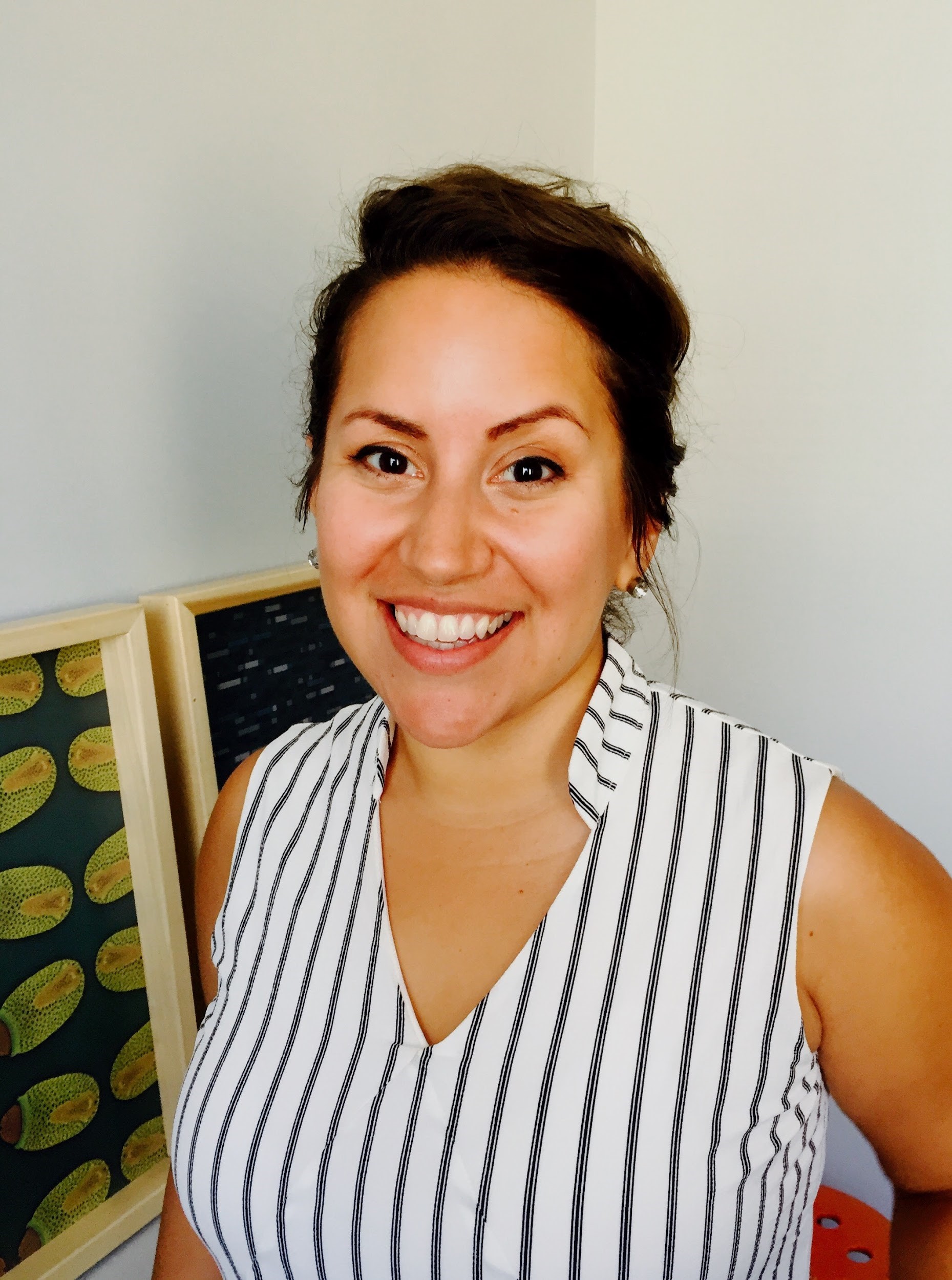
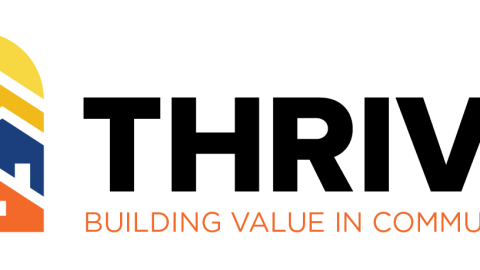
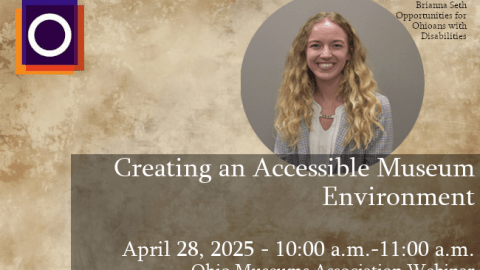



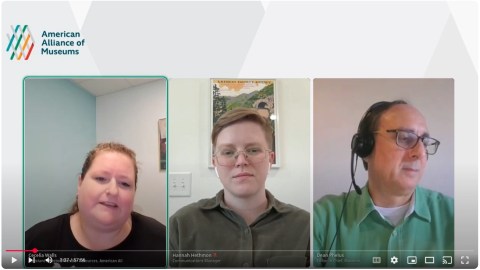
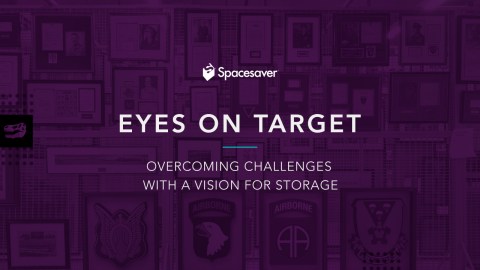

Well done!
The author is stating the obvious to anyone who seeks cooperation from others. Respect for the individual and their culture is prerequisite for any cross-cultural projects. This respect should be reciprocal. If there is no reciprocity, or there is only requirement from one side to “understand” the other culture, the result will be unproductive and distorted. Mutual understanding lies in both sides coming together and respecting each other’s norms and values.
This is a fantastic message really well delivered. Thank you!
I enjoyed reading this reflection and liked to see clear examples of “humble learning” in both observing the masters in your discipline as well as stepping back to watch and learn from others outside your inner circle. This is, in a way, “lifelong learning” -where the learning never stops- because we understand that we can’t know everything (how pretentious!) and that there’s always room for self-improvement. I am an educator as well, not in academic training, but in practice and on-the-march-training since I landed my first museum job. Part of my philosophy is not only to facilitate information but to share with enthusiasm the “a-ha! moments”…that learning causes delight!
Thank you for this timely article. As we turn the corner into spring and welcome the return of the light, we should also shift our internal perspective and embrace this concept of humble learning. I love this so much! I am inspired to continue my own journey of learning by first listening, and observing. Always asking questions and not being so concerned with completing the To Do List (which will always be there!). Thank you for reminding us that to be uncomfortable means you are being challenged and forced to re-evaluate our own ideas. The resulting growth will be rewarding, both for ourselves and for those we work with every day.
Great article, well done Ann!